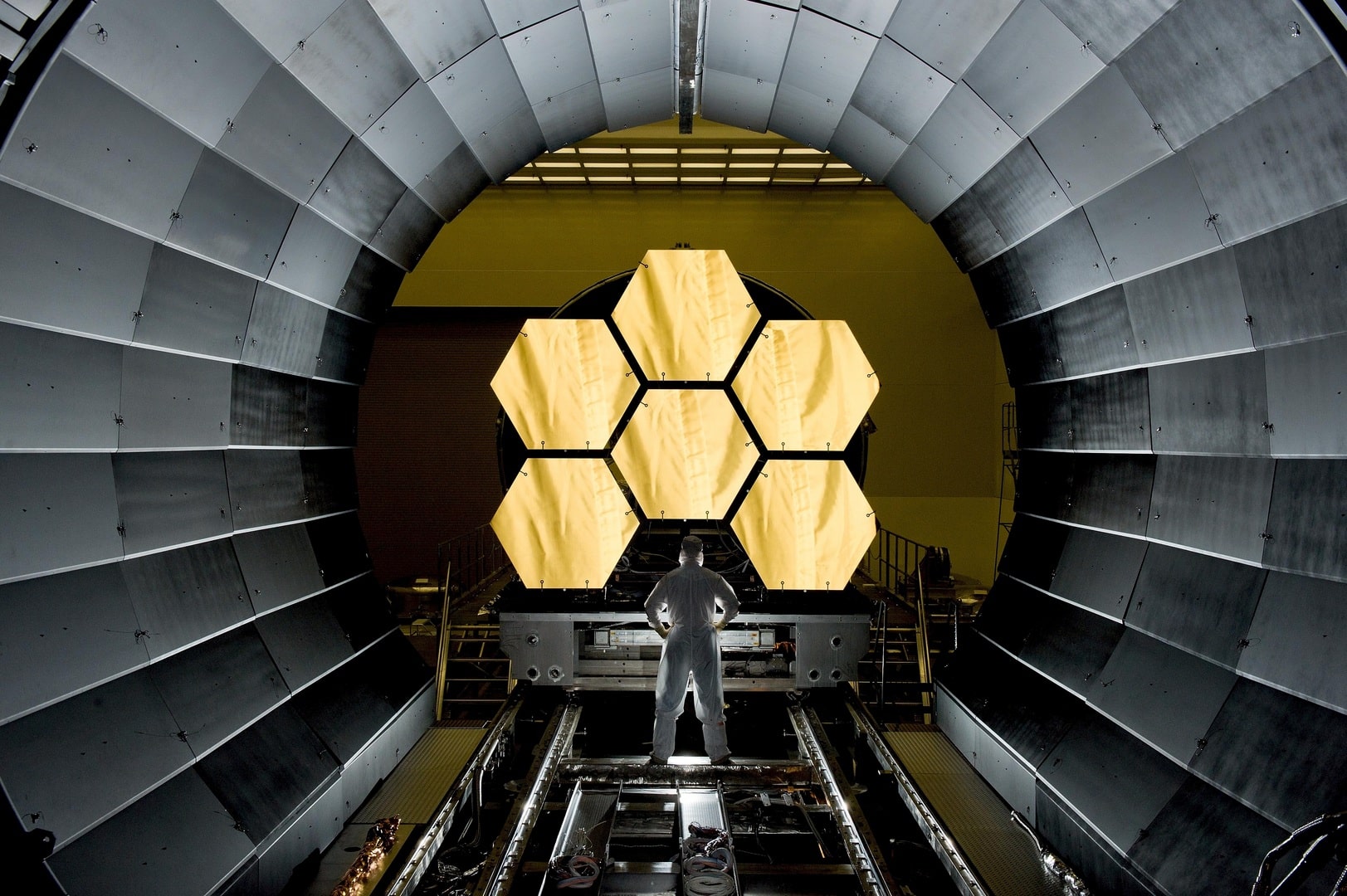AI in the modeling industry
/ /
The modeling industry has long been associated with glamour, beauty standards, and exclusivity. However, with the rise of artificial intelligence (AI), this industry is undergoing a profound transformation. In this blog post, we will explore how AI is revolutionizing the modeling industry, promoting diversity, enhancing efficiency, and driving innovation.
- Embracing Diversity and Inclusion: AI algorithms are reshaping the notion of beauty by promoting diversity and inclusivity. Traditional beauty standards are being challenged as AI-powered modeling platforms celebrate and prioritize a broader range of body types, ethnicities, ages, and gender identities. By leveraging AI, the industry can now provide opportunities for aspiring models who were previously underrepresented, fostering a more inclusive and representative space.
- Virtual Modeling and Digitization: AI enables the creation of virtual models and digital avatars that can be customized to fit specific campaigns and brand aesthetics. These virtual models can save time and resources by eliminating the need for physical photo shoots and fittings. They also offer greater flexibility in terms of adapting to different platforms, media formats, and branding requirements. Virtual modeling provides a novel and exciting way for brands to engage with their audience while reducing costs and environmental impact.
- Enhanced Efficiency in Casting and Talent Scouting: AI streamlines the casting and talent scouting processes, making them more efficient and accurate. Facial recognition algorithms can analyze vast databases of models, matching specific criteria set by brands and agencies. This enables faster and more precise talent selection, reducing the time and effort required for casting. By automating these processes, AI frees up human resources to focus on more creative and strategic aspects of the industry.
- Predictive Analytics for Fashion Trends: AI algorithms can analyze vast amounts of fashion-related data, including social media trends, runway shows, and consumer behavior. By identifying patterns and correlations, AI can predict emerging fashion trends, allowing brands and designers to stay ahead of the curve. This valuable insight facilitates the creation of more relevant and appealing collections, leading to increased customer satisfaction and brand success.
- Personalized Shopping Experiences: AI-driven recommendation systems enhance the customer experience by providing personalized styling suggestions and product recommendations. By understanding individual preferences, body types, and style preferences, AI algorithms can curate tailored shopping experiences, helping consumers discover clothing and accessories that suit their unique tastes. This level of personalization boosts customer engagement and loyalty, while also optimizing sales and conversion rates.
Posted in Blogs

































